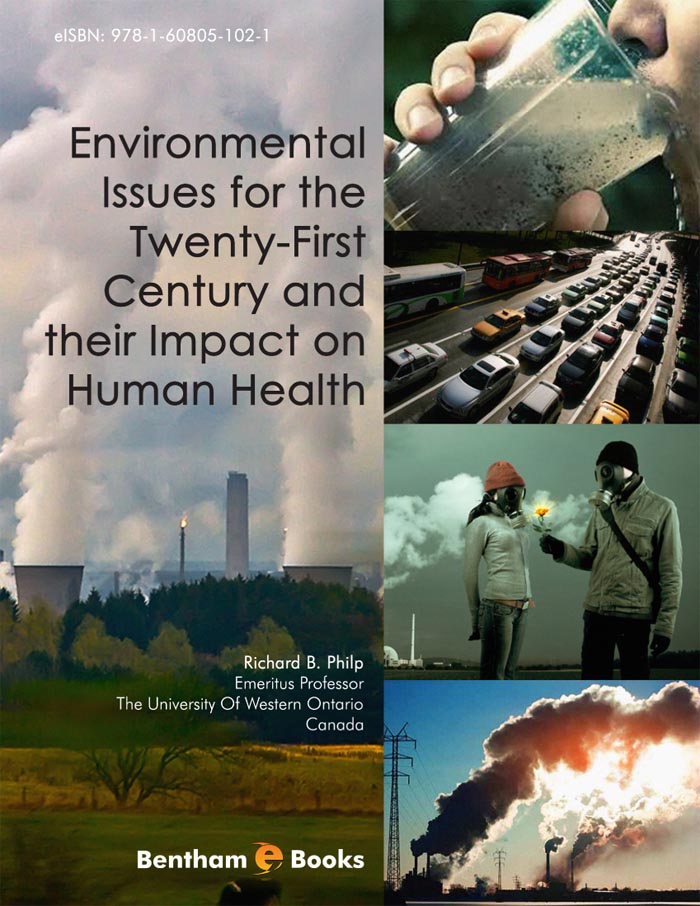Foreword
We live in an era of increased awareness of our delicate balance with nature. Over half a century ago, Rachel Carson warned of impending dangers to ourselves and our environment if we did not heed the signs of our negative impact upon it. Silent Spring, published in 1962, had a great impact on my impressionable mind as an undergraduate science student taking a course on ecology. My own career path centred on neuroscience but the early lessons in ecology and ecosystems remained with me. Thoughts about my own fragility within a larger environmental context took me back in time to Silent Spring, and the impact of pesticides on me, living in this environment. The invitation by my friend and colleague at the University of Western Ontario, Dr. Richard (Dick) Philp, to write a foreword for his latest eBook on the impact on our health of changes in the environment caused by industry, particularly the petrochemical industry rekindled my own thoughts as a part of this larger context.
This is a particularly timely contribution. "Environmental Issues for the 21st Century and Their Impact on Human Health" presents us with some of the current 'hot button issues' in a readable, journalistic style that is very accessible to those of us who are not experts in the field, yet who are concerned about how we are treating the environment upon which we are so dependent for life. It is a compelling 'must read' also for students of environmental studies, drawing us into subjects that are of topical interest, such as the Gulf Oil Spill and the radiation fears following the earthquake and Tsunami in eastern Japan, which are considered by many to be among the stories of defeat. Although we continue to search for stories of victory we are reminded of contemporary ailments that are environmentally related, such as Multiple Chemical Sensitivity and the health effects of aerial spraying over urban areas with presumed harmless agents. We fear what lurks over the horizon as a result of persistent organic pollutants. The balance that concerned Rachael Carson has not improved greatly. This eBook again highlights our fragile nature within the larger context of this ever-changing environment.
Will earlier events help to shape future approaches to issues such as extraction of oil from the Alberta tar sands? Is potable water a human right and should it be protected from commercialization? Dr. Philp poses many questions, provides insights into many answers, and presents a case for responsible, proactive, knowledge-based legislation. Governments are representatives of the people. The ultimate responsibility remains with us, not only to be aware of our delicate balance with nature and the environment, but also to participate actively in steering policy.
James L. Henry
Professor Emeritus McMaster University
Canada

